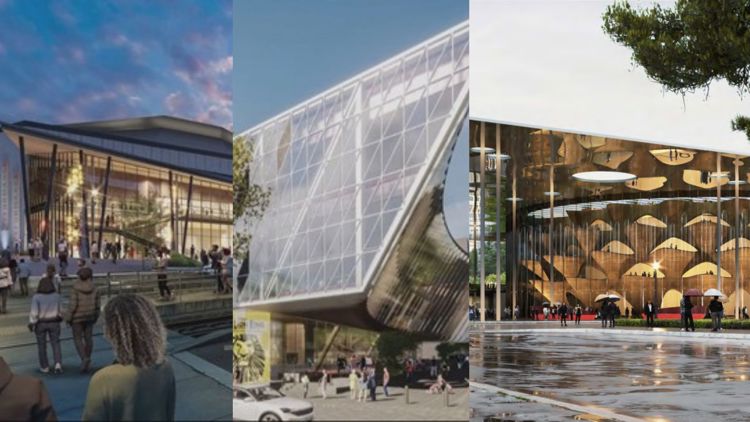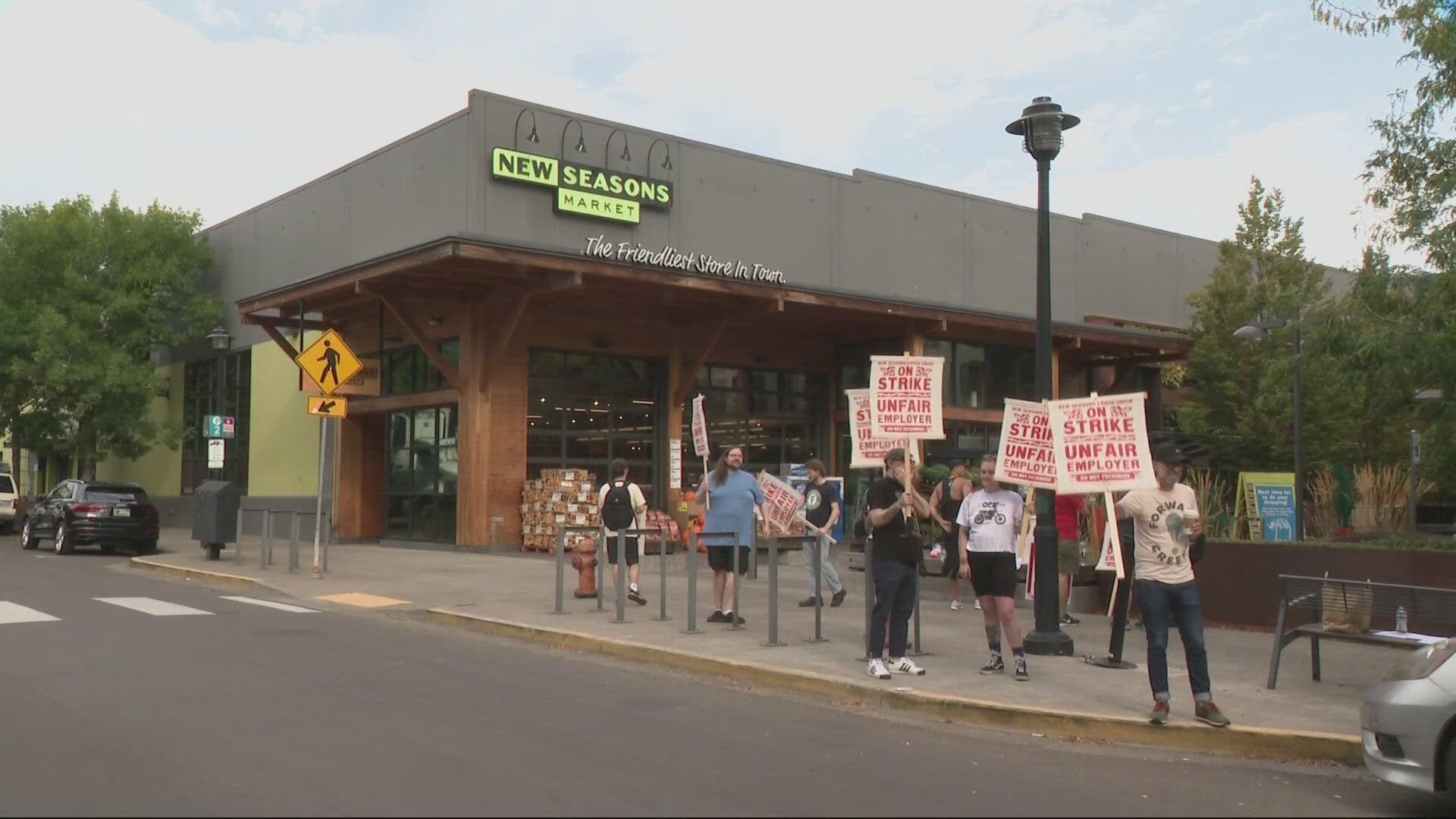PORTLAND, Ore. — As the Portland City Council considers what to do with the more than century-old Keller Auditorium, it's taken one option off the table while asking two groups who presented very different proposals to work together on a new plan.
For more than a year, the city of Portland has been going back and forth on plans to either renovate or relocate the aging Keller Auditorium, in response to a 2020 study that shows the current building could collapse during an earthquake. The venue was built in 1917 and renovated in 1967.
A meeting to help decide its fate will be next week, Aug. 14.
Renovate or relocate?
The city had narrowed it down to three options: a major renovation that would keep the auditorium at its original spot on Southwest 2nd Avenue and Clay Street; building a larger performing arts center on the Portland State University (PSU) campus; and moving the Keller Auditorium to the Lloyd Center, located in Northeast Portland.
Of three proposals Portland has looked at, the Lloyd Center one proved the least popular among public testimony during a spring city council meeting, where over 160 written comments were submitted and more than 70 people gave public testimony.
The most favored option was keeping the Keller Auditorium where it is now, albeit with a major overhaul. Halprin Landscape Conservancy's proposal would include a grand fountain plaza, a 3,000-seat main theater, and a new, smaller performance space, but pause for two-month periods, upping the city price tag.
The second-most popular option was to build a larger venue at PSU, expanding the space into a 3,000-seat theater, along with a secondary, 1,200-seat auditorium; it would also include an educational building, hotel and parking.
Lloyd Center option eliminated
On Friday, the city of Portland said it will no longer consider the Lloyd Center option, based on community feedback.
Said feedback mostly supported not closing the Keller Auditorium for a long period of time; an economic impact study, commissioned by Metro, found that a year-long closure of Keller Auditorium could lead to a potential loss of $46.8 million in output, 320 jobs, $20.5 million in labor income and losses in local and state tax revenues totaling $2.5 million for the region. Community support was also in largely favor of keeping the Keller Auditorium in its historical spot.
PSU, renovation groups must work together
The two teams remaining — the major overhaul and building a bigger venue at PSU — must work together on drastically opposing premises to create a whole new proposal, the city declared.
"The City will bring together the two downtown project teams to discuss possibilities for one cohesive vision that addresses community needs and strengthens arts, culture and downtown’s revitalization," the city of Portland announced, in part.
PSU replied in a statement Friday that they're committed to a "delivering a win-win solution" for arts and culture in downtown Portland
"We look forward to working with the City of Portland and Halprin Landscape Conservancy over the next 45 days to collaborate on a solution that will bring vibrancy downtown while supporting economic growth and continuing to serve our students and the city,” PSU said.
“We are eager to replace competition with collaboration to find a big win for everyone who loves attending shows and concerts in Portland, for those who work in our arts and culture economy, and for our downtown neighborhood," Karen Whitman, Executive Director for the Halprin Landscape Conservancy said in a statement, "Over the next 45 days, we look forward to working with the city to explore and find a solution that is great for Portland. The Keller is a beloved part of Portland’s past and is ready to play an even bigger role in our future.”
KGW digital reporters Anthony Macuk and Alex Jensen contributed to the writing of this story.



